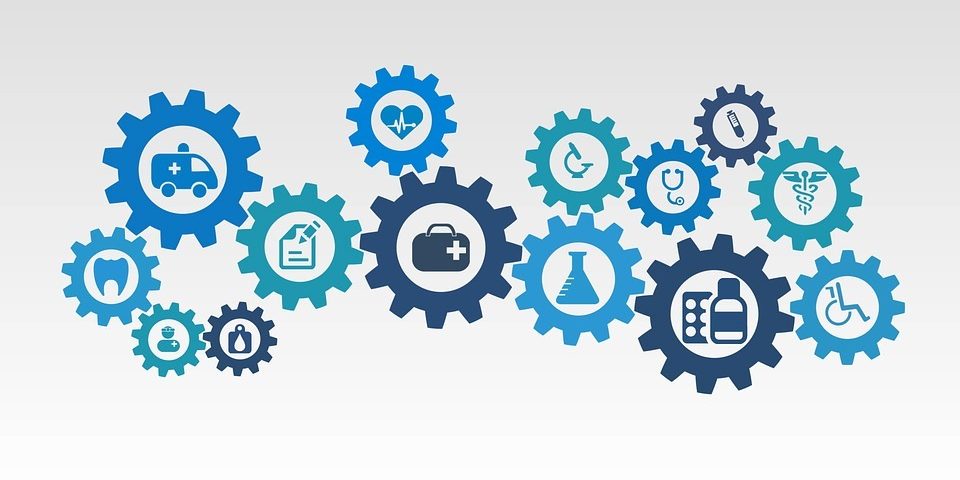I take my life as a scientist very seriously – for me it’s not just a 9 to 5 but something that falls outside those hours too. I’m also a real advocate of continuing education and love being part of what’s developing and new in the world of chemistry.
Some years ago, I became a member of the Royal Society of Chemistry – the UK’s professional body for chemical scientists which exists to advance excellence in the chemical sciences. With 54,000 members worldwide and an international publishing business, the RSC brings together industry and academia, promoting collaboration and innovation. Being part of this organisation gives me access to conferences and events, interest groups and experts in other fields of the chemical sciences.
There are different categories of membership for the Royal Society of Chemistry and I’m a Chartered Chemist and Chartered Scientist. The route I took was to apply for a two-year Personal Development Programme, which includes working towards achieving 12 attributes. At the end of the two years, my report and portfolio of evidence were submitted and scrutinised by one of the boards at the Royal Society of Chemistry. Chartered status is not necessarily academic, it’s more about my working life – actually putting into practice the skills that I have learned and need to do my job. It means that in my working life I’ve reached a certain standard and provided evidence that I can work to that standard.
A few thoughts on current dental education
Education is quite dear to my heart, so I’m very keen for dental practices to make this a priority for their staff. The dentisan decontamination courses we provide cover everything from the theory to the practice of decontamination. I find that teaching people to understand the why of what they’re doing is very beneficial to the learning process. In our courses we are trying to teach the delegates about what causes the problems, what contamination is, where it comes from, etc. We don’t want dental nurses to do things just because they’ve been told to do it that way; we want people to follow the guidance but also understand why. As a technical person, I always want to understand the ‘why’ for everything!
I admit to being concerned about how little education dental nurses seem to get in some areas, including decontamination. The GDC recommends that dental nurses do five hours’ Core CPD in decontamination in every five-year cycle, but because I work in infection control and know how much detail there is in the subject, that doesn’t seem like much at all. Obviously, dentisan provides a variety of different courses, delivered in different ways, but, sadly, I don’t think there’s a lot of onus for dental nurses to take up education, even though it’s very valuable.
As a scientist with a passion for education, I like to inspire others to continue to learn, too. If the work I do at dentisan with my team and the effectiveness of the decon courses we run can encourage dental professionals to become better educated in this area, then that makes my job even more worthwhile.
Laura Yates is a Research and Development Chemist at dentisan. Laura’s blog will appear regularly on the dentisan website – www.dentisan.co.uk.







